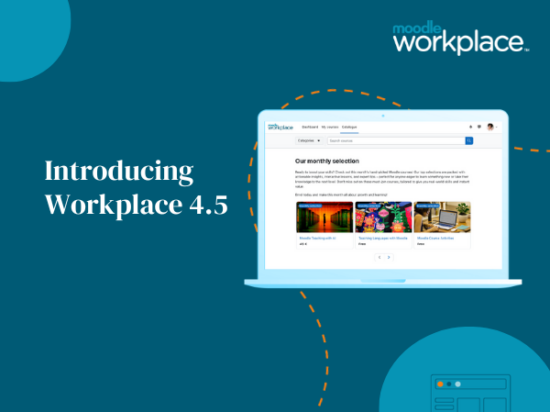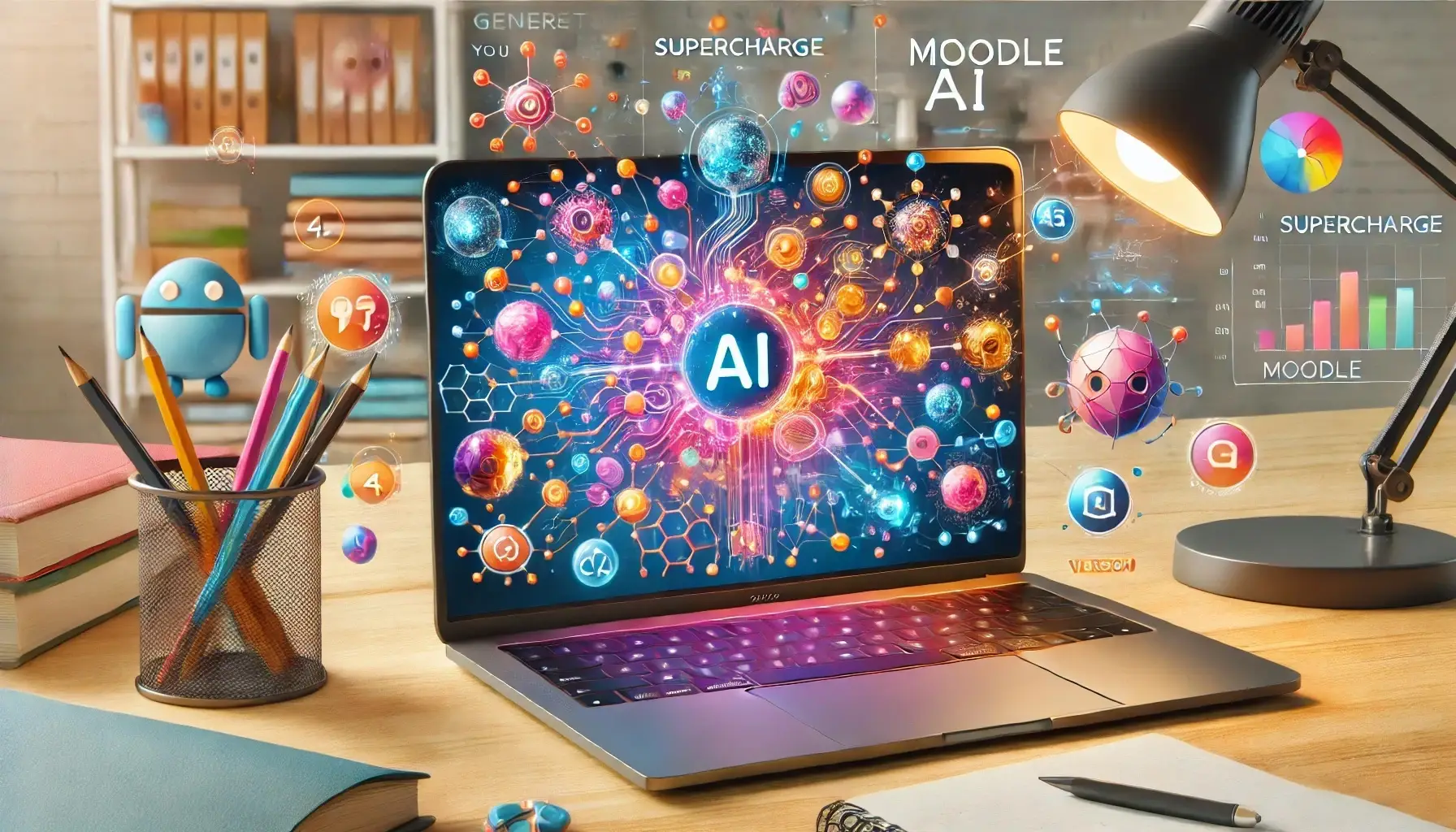Google Generation refers to a generation of people born since 1993, who have grown up in an Internet dominated world.
According to Wikipedia, the phrase has entered common usage as
…a way of referring to a generation whose first port of call for knowledge is the internet and a search engine, Google being the most popular.
The Online Computer Library Center recently conducted a global survey that indicates the Google Generation stereotype may be true.
- 89% college students use search engine to begin an information search (compared to 2% who start from a library web site)
- 93% are satisfied or very satisfied with their overall search engine experience (compared to 84% of library web site searchers)
- College students use the library less and read less since discovering internet research tools
- Books are still the primary library brand association with this group, despite large investment in digital resourcing.
When one considers that our students today are no older than the Internet, it is understandable why most are comfortable using a computer and keyboard in preference to pen and paper for their research and studies. I don’t qualify for the ‘Google Generation’ but can relate to this phenomenon through my own changing information search behaviour.
During the 1980s, when I was at school, the Internet had not been popularised and I did not have access to computers. Books, pen and paper were my research tools of choice. Upon entering university as an undergraduate, in the early 1990s, the Internet was born and I learned how to use a computer, but I still preferred to visit libraries, searching online catalogues to find relevant books, browsing journals in open reserve, then photocopying what I thought was essential reading for any given assignment.
My whole approach to information researching changed upon my return to university as a postgraduate in the late 1990s. The World Wide Web had evolved and I was comfortable using Internet search engines and online databases to locate information to be organised, analysed and word processed for assignments. For me, this new-found research approach did not necessarily require pen, paper, books, photocopying, let alone a time-consuming visit to the library. I believe today’s search engines provide us instant access to a wealth of information. However, despite new tools, the researcher’s ability to collect, organise and analyse information remains paramount.
What follows is a summary of a report titled: ‘Information behaviour of the researcher of the future’ conducted by CIBER group at the University College London. CIBER developed a ‘virtual’ longitudinal study using current evidence to create a longitudinal study from relevant literature with primary data from a study of how people use the British Library and JISC web sites. The study was commissioned by the British Library and JISC to:
identify how the specialist researchers of the future, currently in their school or pre-school years, are likely to access and interact with digital resources in five to ten years’ time.
The report recognises that evidence relevant to issues raised is incomplete and contradictory in some instances. Holistically, the report claims that the Google Generation is a myth because
…research-behaviour traits that are commonly associated with younger users – impatience in search and navigation, and zero tolerance for any delay in satisfying their information needs – are now the norm for all age-groups…
Emerging themes: young people using internet research tools
- Information literacy has not improved despite greater access to technology
- Speed of internet searching means little time is spent evaluating the accuracy, authority or relevance
- Poor understanding of their information needs and have difficulty developing effective search strategies
- Prefer to express themselves in natural language rather than analysing more effective use of key words
- Find it difficult to assess relevance of search results.
- Young people don’t appreciate the networked structure of the internet
- As a result, they associate search engines such as Google as primary internet brands
- Don’t find library funded resources as intuitive for their needs as search engines.
The report concludes that young people today are…
- More competent with technology especially word processing, but are less competent with other applications such as presentation, spreadsheet, graphics and web page software
- Higher expectations of ICTs
- The ‘cut-and-paste’ generation
- Not expert searchers.
- A unified web culture
It is important that young learners acquire critical analysis skills to better evaluate the information they find via Internet search engines. Teachers can play an essential role in this process. Unfortunately, despite the fact that the teachers interviewed in the study were information literate, their attitudes and skills were not being transferred to their students.
Looking to the future. Expect to see…
- The rise of e-book
- Content explosion eg. Google Print
- New forms of scholarship and publication eg. blogs, wikis and Second Life
Conclusion
Students prefer Internet search engines to library tools such as online catalogues and databases, because they yield quicker results and instant access to full information on request. These implications must be considered in the design and function of future libraries for all ages. Libraries are no longer simply physical places to borrow books. They need to be physical and virtual spaces where people can effectively search, locate and evaluate relevant information in a timely manner.







